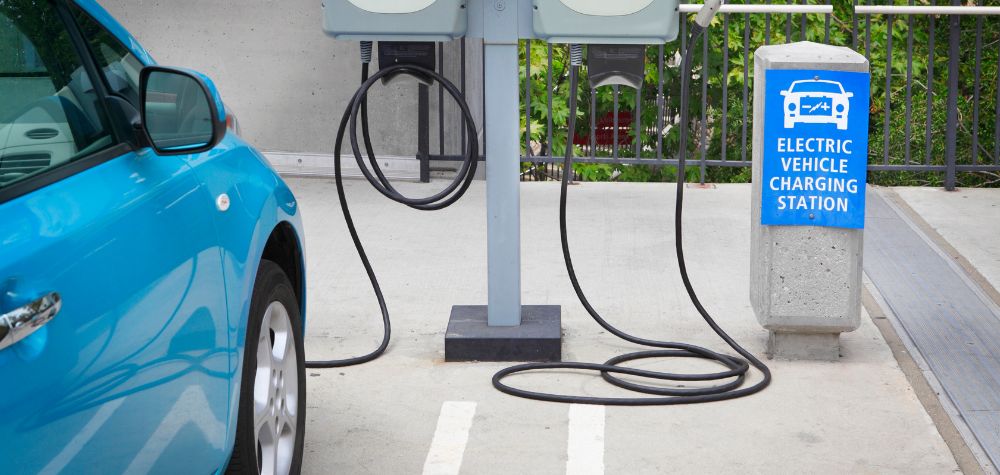The Proposed Electric Vehicle FBT Exemption On Everyone’s Minds

Successfully Starting A Business Requires 3 Things (Plus A Great Strategy)
September 7 2022
SG Payments & Your Employees – What You Need To Know
September 19 2022
The Proposed Electric Vehicle FBT Exemption On Everyones Minds
You may have heard a lot of buzz in the news regarding electric cars. What was once a car for the elite is now a far more common sight on the streets. Electric cars are becoming hot commodities, with one-third of electric vehicle sales in Australia occurring within New South Wales alone.
There have been numerous tax questions regarding the purchase of electric vehicles, which the government has discussed since their election in May.
Draft legislation (Treasury Laws Amendment (Electric Car Discount) Bill 2022) was released last month by the Federal Government to follow through with their election commitment to allow certain electric cars to be Fringe Benefits Tax (FBT) exempt.
In very broad terms, a business that acquires an electric car (with the car being used for private purposes/parked at private residences) will subject the employer to FBT. This can be a significant tax cost on top of already large expenditures.
If your business has been considering an electric vehicle as the new company car, this may have caused you to balk. But, an electric car is an attractive perk to offer employees as a fringe benefit.
The new draft release presents a new key tax planning consideration for employers (and employees) to save tax.
The exemption outlined in the draft release will be available for eligible electric cars with a retail price below the luxury car tax threshold for fuel-efficient cars ($84,916 for 2022 23) first made available for use on or after 1 July 2022. If you provide a car to your employees, it would be highly irregular for you to be worse off (even if you bought a car last year) to purchase/trade-in for a new car to take advantage of this proposed FBT exemption.
It also states that:
- If an employer provides a model valued at about $50,000 through this arrangement, the estimated FBT exemption should save the employer up to $9,000 a year per car.
- Individuals/employees using a salary sacrifice arrangement to pay for the same model would save up to $4,700 a year. A salary sacrifice arrangement involves the individual employee reducing their gross income to pay for the car, which effectively can reduce their personal tax bill.
- If eligible, businesses may claim a full tax deduction for the electric cars up to $64,741 for the 2022-23 year under the “temporary full expensing provisions.” At this stage, the temporary full-expensing provisions end on 30 June 2023.
Whilst the legislation is not yet passed as law, this is an opportune time for employers to consider whether they will update their internal policies and processes to allow salary sacrificing for electric cars to be a more attractive employer and/or change the priority to acquire electric cars for their business to save on FBT.
If you are looking for tax planning assistance to minimise your business’s FBT liability or for how an electric vehicle could benefit your business (and maximise its tax effectiveness), you should consult with a professional tax adviser (such as us).



